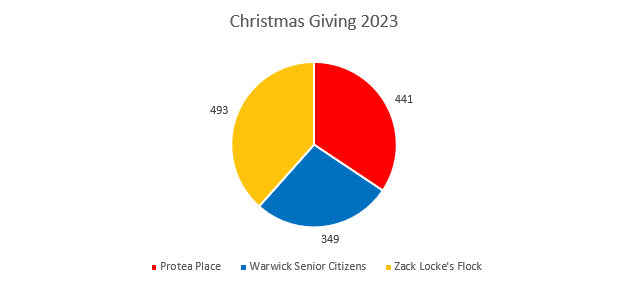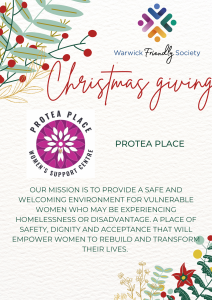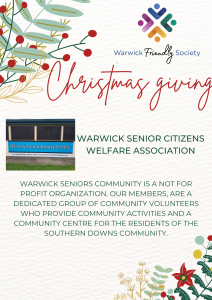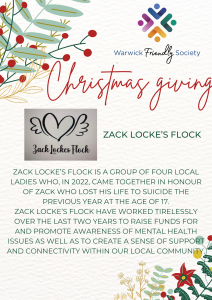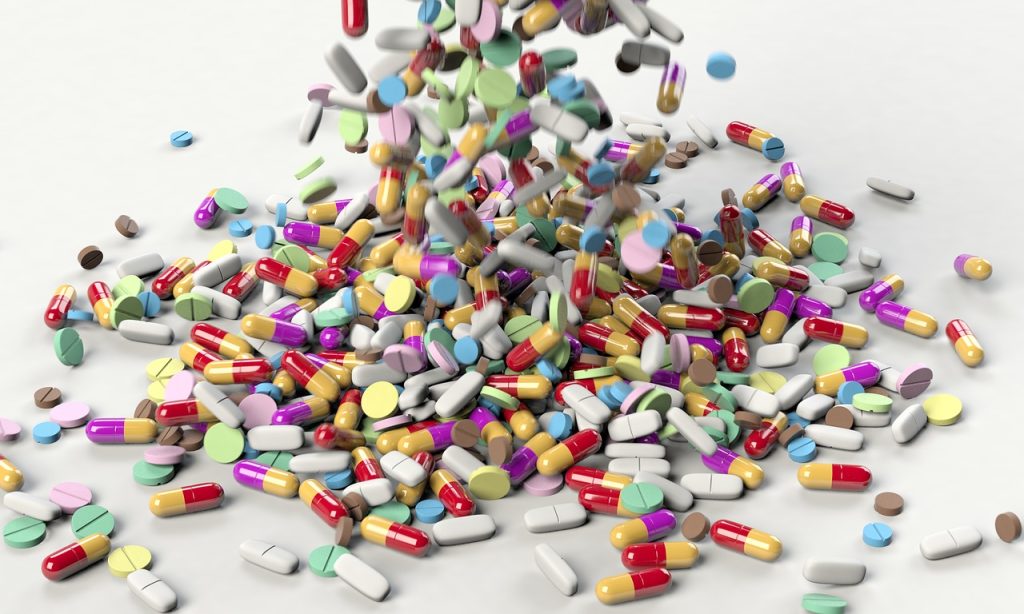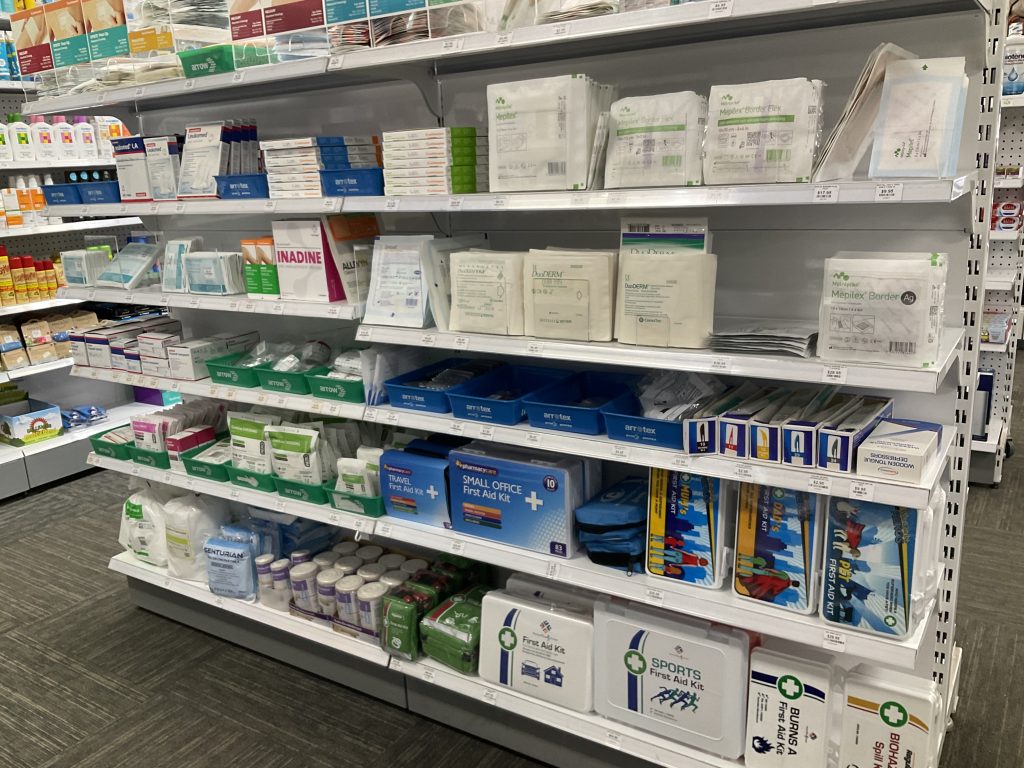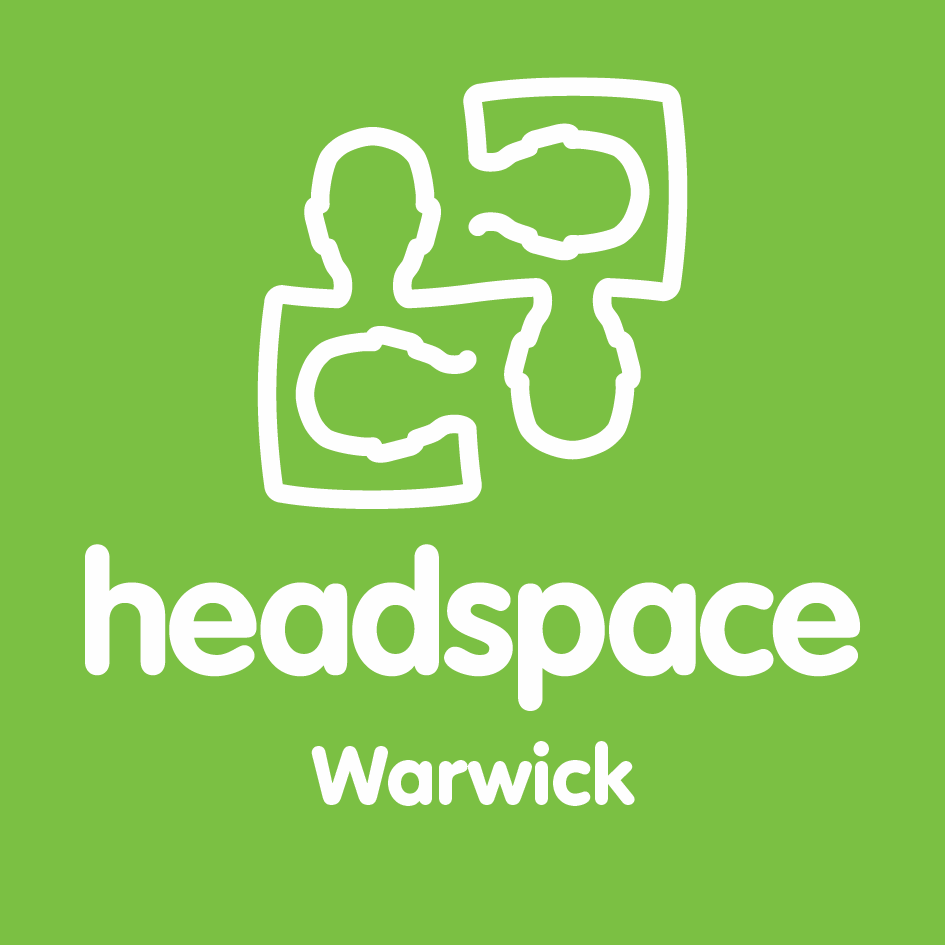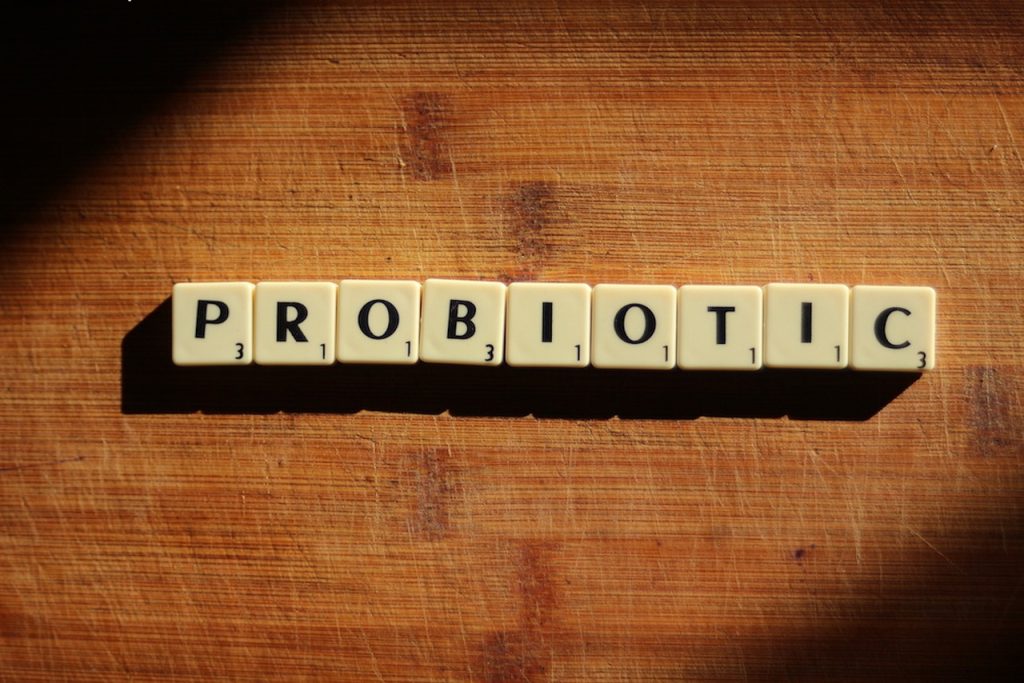Dehydration
Dehydration occurs when you don’t have enough fluids in your body. Severe dehydration can cause serious medical problems that require medical attention.
Signs and symptoms of mild dehydration include:
- Being thirsty
- Dry mouth, lips, and tongue
- Getting dizzy or light-headed, particularly when standing up
- Headaches
- Having dark yellow or brown urine, and not going as often
Signs of severe dehydration include:
- Breathing fast / rapid breathing
- Fast heart rate and low blood pressure
- Fevers
- Being irritable, drowsy, or confused
- Have little to no urine
If you begin to experience any of these symptoms, you should seek out a cool place, loosen any tight clothing and remove unnecessary clothing, while drinking small amounts of cool water. If there is no improvement – seek medical attention.
Young children and babies are at a greater risk of becoming dehydrated than adults, especially when they are unwell. The best treatment for mild dehydration is to give your child more fluid to drink, such as water or oral rehydration solutions such as Gastrolyte or Hydralyte – these are also available as icy poles which can be easier to give to children. If your child refuses water or rehydration fluids, try diluted apple juice, or their usual milk. Do not give drinks that are high in sugar (e.g. flat lemonade or sports drinks) as these can make dehydration worse.
The best way to prevent dehydration in children is making sure they drink enough water per day, providing extra drinks of water in hot weather, during and after exercise, and during illness is particularly important.
If your child is showing signs of severe dehydration or you are concerned, seek aid from a medical professional.
